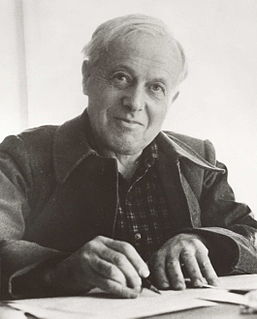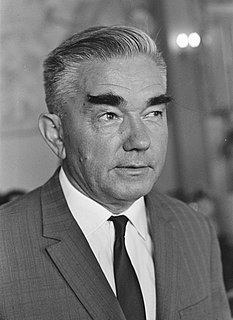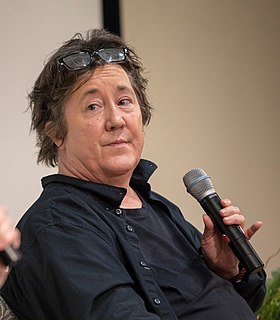A Quote by Hans Urs von Balthasar
The Passion narratives are the first pieces of the Gospels that were composed as a unity.
Related Quotes
The New Testament was not produced as a single work issued by an authoritative Church for the instruction of its members. The four Gospels were composed in different times and places over perhaps a third of a century, and for a time circulated separately among a number of other narratives of our Lord's life (of which the newly discovered fragment of an unknown gospel may have been one).
The trouble with Christianity was that by about 150, there were hardly any Jews left in the Christian church, and so from that time until the last part of the twentieth century, the only people reading the gospels and interpreting the gospels and writing commentaries on the gospels were gentiles who were simply ignorant of the Jewish background, and I just thought they were prejudiced.
For what we suppose to be our love or our jealousy is never a single, continuous and indivisible passion. It is composed of an infinity of successive loves, of different jealousies, each of which is ephemeral, although by their uninterrupted multiplicity they give us the impression of continuity, the illusion of unity.
All archaeologists in Israel and Palestine make use of the New Testament Gospels. They do this because the Gospels exhibit verisimilitude. In short, the Gospels help archaeologists know where to dig and they help archaeologists understand what they unearth. The 2nd-century Gospels and Gospel-like writings rarely exhibit verisimilitude, so archaeologists rarely appeal to them.






































